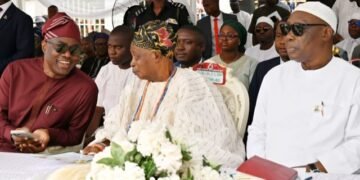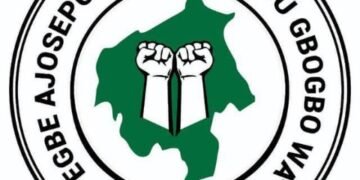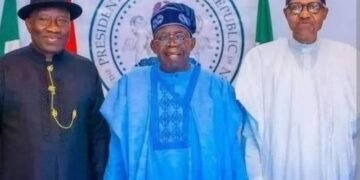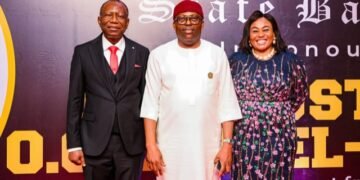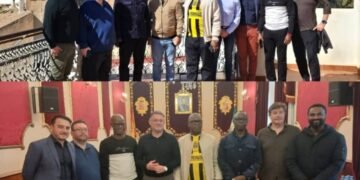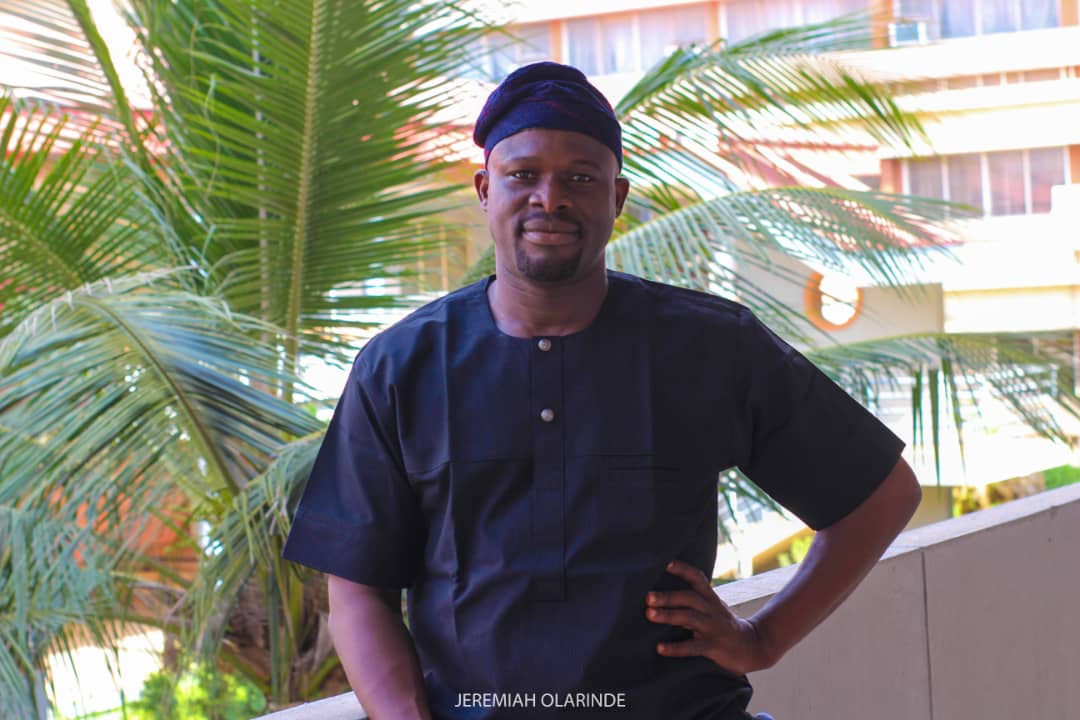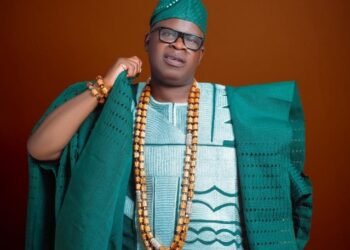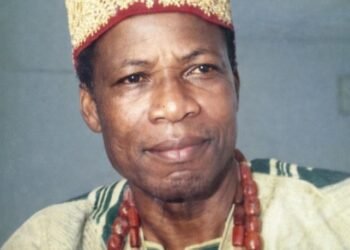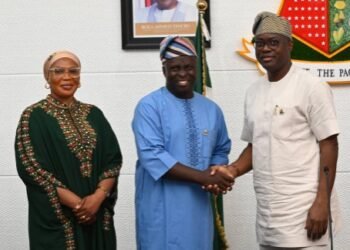UI Lecturer, Tade, Others Win West Africa Science Communication Awards
Renowned criminologist and sociologist in the Department of Sociology from the University of Ibadan, Dr Oludayo Tade, has won the 2021 Science Communication Award presented by Conversation Africa, a research-based communication outfit based in South Africa.
This year’s award is the Conversation Africa’s 2nd Annual West Africa Science Communication Awards where researchers and partner universities are awarded based on the number of contributions and readership generated by their researches.
The award covers entries made between November 1, 2020 and October 31, 2021.
Dr Tade, who had won the inaugural award in 2020 for making highest contributions on science communications, also retained the same position year in 2021.
The most read article from the University of Ibadan goes to the duo of Feyisitan Ijimakinwa and Janet Ogundairo while Drs Lanre Ikuteyijo and Akin Akinyemi of the Obafemi Awolowo University of Ife were awarded with most contribution and most read piece, respectively.
Scholars from the University of Lagos, Federal University Oye-Ekiti, University of Ghana Legon and University of Capecoast also won awards.
Speaking, Regional Editor (West Africa), Conversation Africa, Adejuwon Soyinka, said the organisation is already in partnership with 73 institutions and it has embarked on training to ensure that research findings are communicated to policy actors and non-academic audiences to impact the society beyond the academic community.
He said the news “is a not-for-profit initiative serving universities and the research sector in Africa. Our mission is to mainstream the voices of scientists and support science communication activities.
“We do this by working with academics and researchers, who themselves write and provide fact/evidence/research-based analytical articles on various societal issues and articles about their research findings as well.
“Our editors then edit and publish these short articles of +/- 800 words, to ensure the articles are easily understood by the general public. Our objective is to make the knowledge produced in the academy accessible, easy to understand and freely available for the public.”


